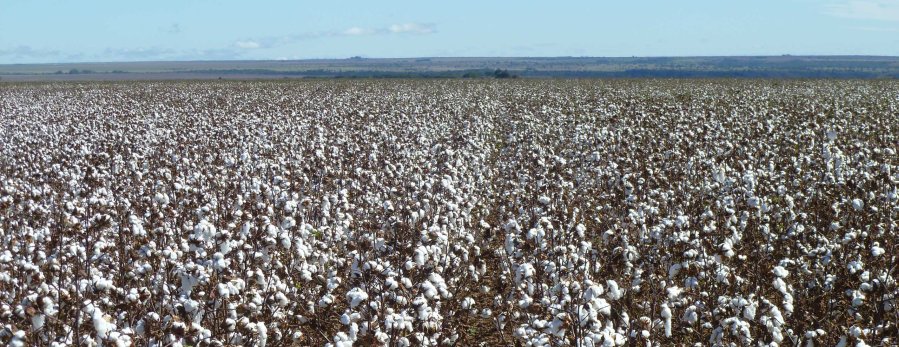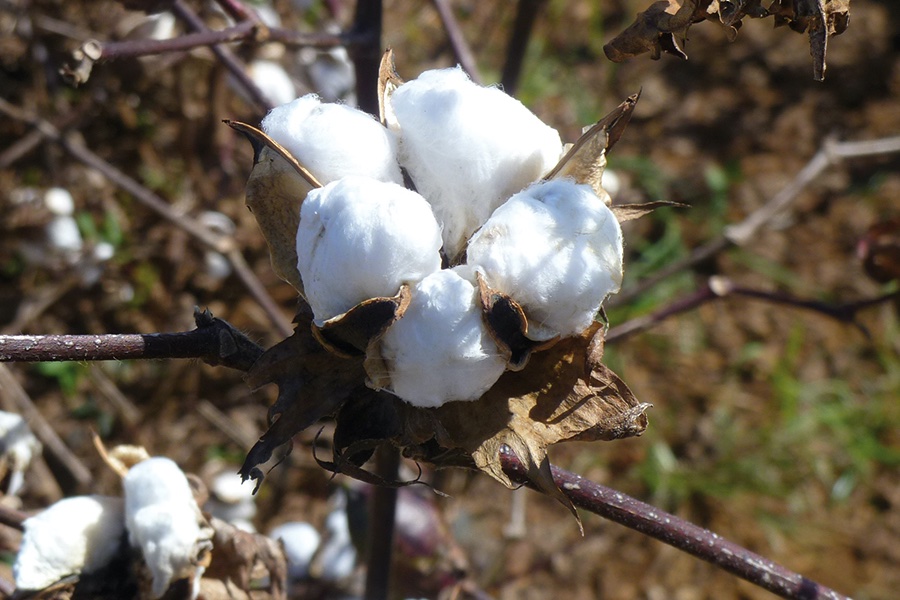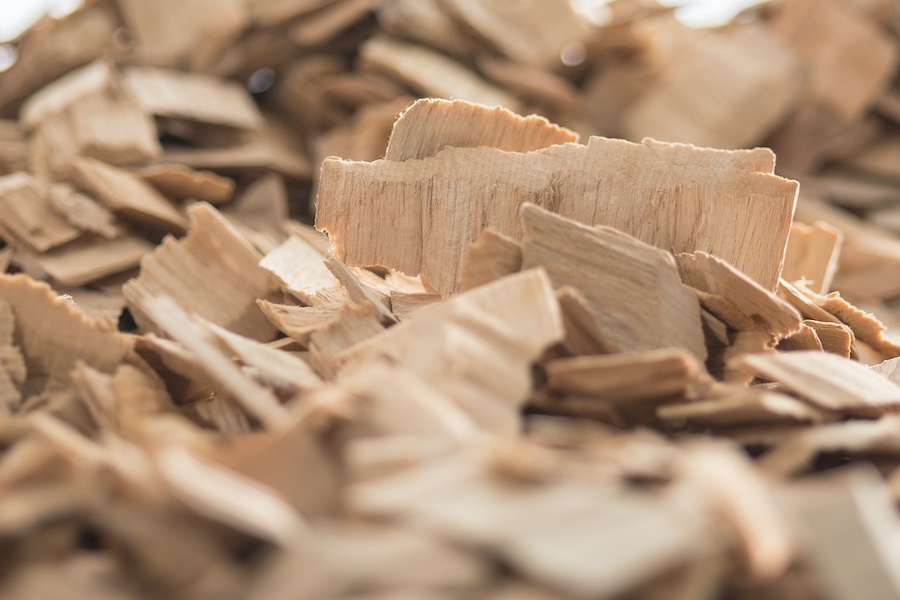#Raw Materials
Cotton production: efficient irrigation methods reduce water consumption

No living creature can exist without water and plants also need water to grow.
Experts know that cotton is even a drought- and heat-tolerant crop. Only in the rearing phase does it need sufficient irrigation. In the growth and flowering phase, on the other hand, it needs little additional moisture and much sunlight. To produce foodstuffs and natural fibres, agriculture consumes about 70 per cent of the water available in the world. Of this, only about 3 per cent is used in cotton production.
Around 40 per cent of the cotton crop is grown without irrigation and relies entirely on natural rainfall. The demands on water requirements are, however, very varied. They are dependent on the region where the cotton is grown, the cultivation period, the prevailing climate, as well as the irrigation methods and production targets.
For example: Compared to the last 20 years, American cotton farmers have been able to increase the efficiency of water consumption by about 80 percent through artificial irrigation. Australia is reporting a productivity increase in water consumption of 40 percent. Israel is also seen as a pioneer of exemplary irrigation management. Drip irrigation methods were already being used here as early as the nineteen seventies. Approximately 75 percent of cotton farmers use clarified and reprocessed water from water storage and water consumption in cotton growing has been reduced by 30 percent.
Currently, agricultural researchers are working on the development of cotton seed for plants with increased drought tolerance which still meet the quality requirements of their customers.




canva-900-1-1-1.jpg)

canva-900-1.jpg)









